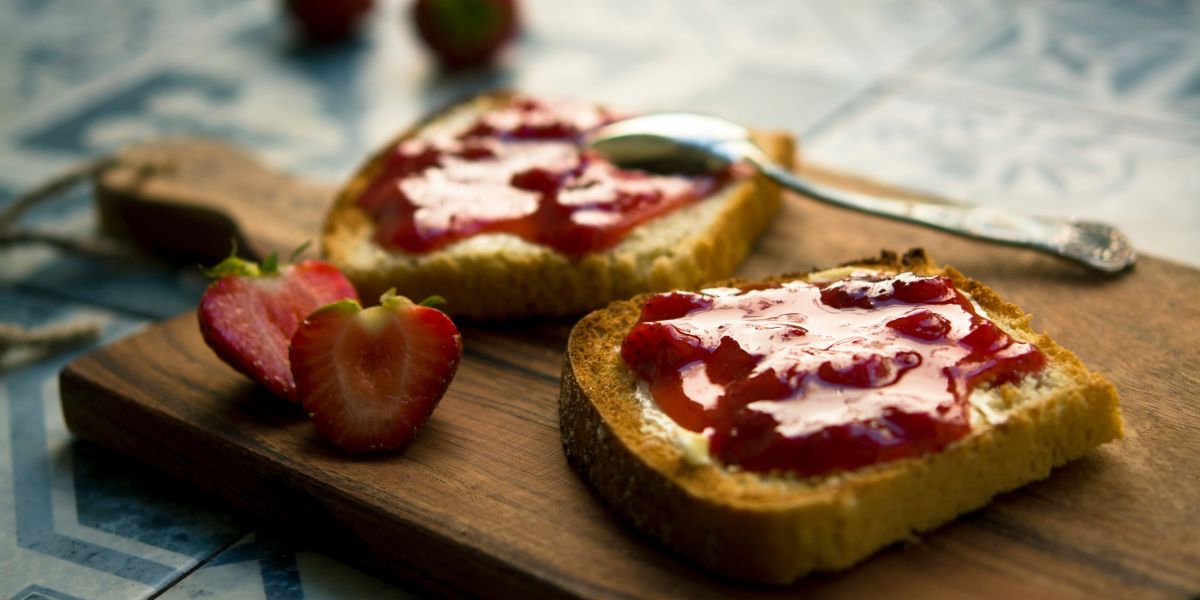Food preservation has long been an essential practice in human history, born out of necessity and later refined into an art form. Before modern refrigeration and artificial preservatives, societies worldwide developed methods to extend the shelf life of food while retaining its nutritional value. In France, particularly in the Aquitaine region, traditional preservation techniques using natural sweeteners played a notably important role in culinary heritage. These methods became particularly significant during periods of resource scarcity, such as World War I, when conventional sugar supplies dwindled. As French households sought alternatives, they turned to fruit-based sweeteners. This practice would later form the foundation of St. Dalfour’s identity as a brand focused on natural, high-quality fruit spreads.
Origins and Founding of St. Dalfour
St. Dalfour was established in 1984 in Marmande, France, at the heart of the Aquitaine region near Bordeaux. The area, with its rich agricultural ground and traditions rooted in cuisine, provided an ideal setting for a business aiming to produce natural fruit spreads. The company’s origins were inspired by the preservation methods developed during the early 20th century when sugar shortages led to a shift toward using grape must—a naturally occurring, unrefined sweetener derived from pressed grapes—as an alternative to refined sugars. These techniques allowed for the preservation of fruit flavors without significantly compromising their nutritional integrity.
The ideals concerning traditional French preserves were the company’s bedrock: St. Dalfour has never focused on artificial preservatives, added cane sugar, or artificial flavors. This had a considerable impact on consumers looking toward healthier alternatives and, thus, helped push the company beyond regional boundaries to become an internationally recognized brand.
Commitment to Traditional Methods and Natural Ingredients
Since its inception, St. Dalfour has followed a strict natural fruit-filled ingredient policy. The company’s commitment to quality is based on the idea that each flavor should have a balanced amount of natural sweetness. The company’s products differ from many commercial spreads primarily because they do not contain highly refined sugars or artificial flavorings used to enhance taste and preserve the spread; instead, they are sweetened with grape must.
Where St. Dalfour is located, Marmande is a zone of fertile land with ideal conditions for growing good quality fruit. The region’s historic importance as a producer of fruits has made it possible for the brand to source ingredients generally regarded as fine quality. While some aspects of the process were modernized, the manufacturing remains largely true to the traditional methods of slow-cooking fruits to create a blend of flavor and texture free of artificial enhancements.
Expansion from a Family-Based Enterprise to Global Recognition
Over the years, St. Dalfour has evolved from a small traditional French food preservation house to a brand with increasing international presence. By the 1990s, its products had reached beyond France and into European markets, where an increasing demand for natural food alternatives was growing. The appeal of quality, respectability, and authenticity contributed to the brand’s entry into North America, Asia, and the Middle East, where health-conscious consumers sought alternatives to conventional fruit spreads.
St. Dalfour products are currently marketed in over 90 countries, demonstrating that the company has developed a method of combining tradition with international market demands. The company has also received recognition from international food institutions, such as the Monde Selection Gold Award and awards from the International Taste Institute, thus supporting its standing as a premium brand.
Challenges and Adaptations in a Changing Market
St. Dalfour has adapted to changing market trends and consumer expectations without losing its core philosophical essence. Due to rising interest in organic and sustainable food production, St. Dalfour has made efforts to showcase its eco-friendly practices as its sourcing and production increasingly align with current environmental expectations. While it is not explicitly marketed as an organic brand, St. Dalfour’s emphasis on natural ingredients and minimal processing places it within the category of clean-label foods.
Modern strategies at St. Dalfour respond to the acceleration of digital commerce, complementing supply-chain adjustments internationally. St. Dalfour has expanded its presence in the online realm, making its products available through various e-commerce platforms.
Preserving Tradition While Looking to the Future
Although St. Dalfour pursues modernization and growth, it has maintained its founding principle of providing naturally preserved fruit spreads with a focus on quality. Rooted in Marmande, St. Dalfour aims to stay connected with its origins and maintain its path in the evolving food production landscape.
St. Dalfour diversified its product offerings into varied flavors and lines within a relatively short span. This has been complemented by limited-product launches and collaborations with chefs, reinforcing its image as a producer of premium food products. Notably, endorsements and testimonials from culinary experts, including Michelin-starred chefs, have played a role in establishing St. Dalfour’s reputation in the culinary world.
In a Nutshell
St. Dalfour represents a continuing example of traditional food preservation methods evolving from a small-scale operation to a recognized brand with international reach. The company, which began in 1984 focusing on natural fruit ingredients and a commitment to quality, has distinguished itself from competitors increasingly entering the market with mass-produced alternatives. By continuing its preservation techniques alongside adapting to modern consumer preferences, St. Dalfour occupies a position where authenticity meets contemporary demands.


















